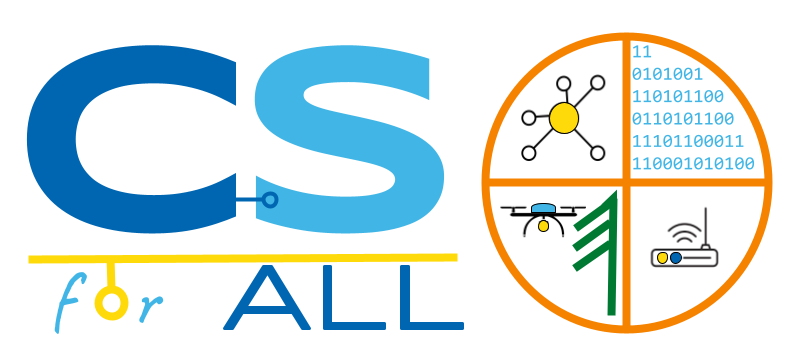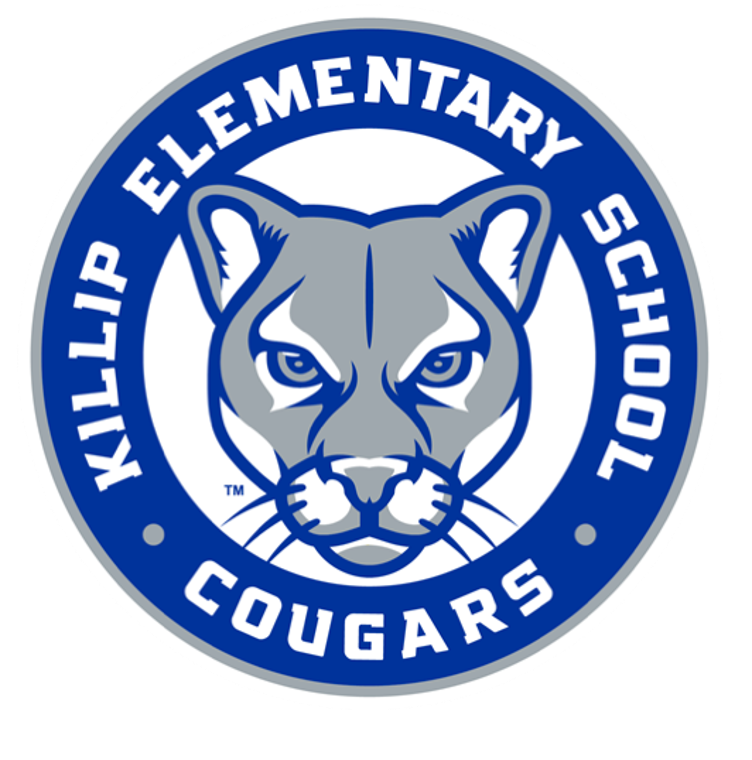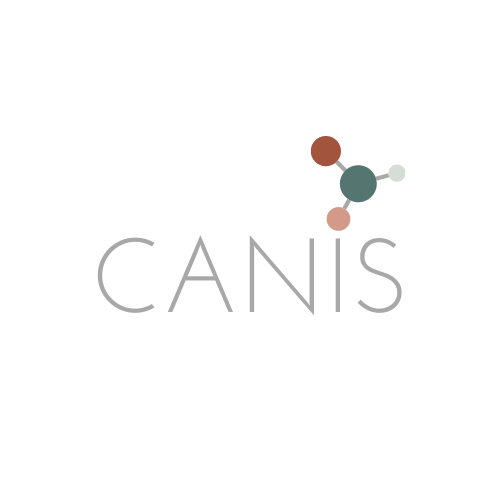Our RPP is centered upon two research questions 🔍
How do K-5 schools and teachers identify culturally responsive, computationally rich problems that lend themselves to rigorous problem-based learning in computer science and computational thinking?
We are using a design-based implementation research (DBIR) approach to create, implement, evaluate, and improve new computer science curriculum centered on the real-world challenges of the digital divide and Internet measurement.
What curricular and teacher development support is needed to enable K-5 teachers to engage all students (particularly Native American students) in problem-based learning that rigorously integrates computer science and computational thinking?
Throughout our DBIR process, we are using the Computer Science Teachers Association Standards for Teachers to assess our own CS teaching and to identify what types of professional development needs are required in our learning community.
As a team, we are learning to dig into the rich computational problems and computer science content that are embedded in the digital divide problem with the goal of creating a framework for identifying other problems that lend themselves to culturally-responsive CS learning.
Publications
Coming Soon!





